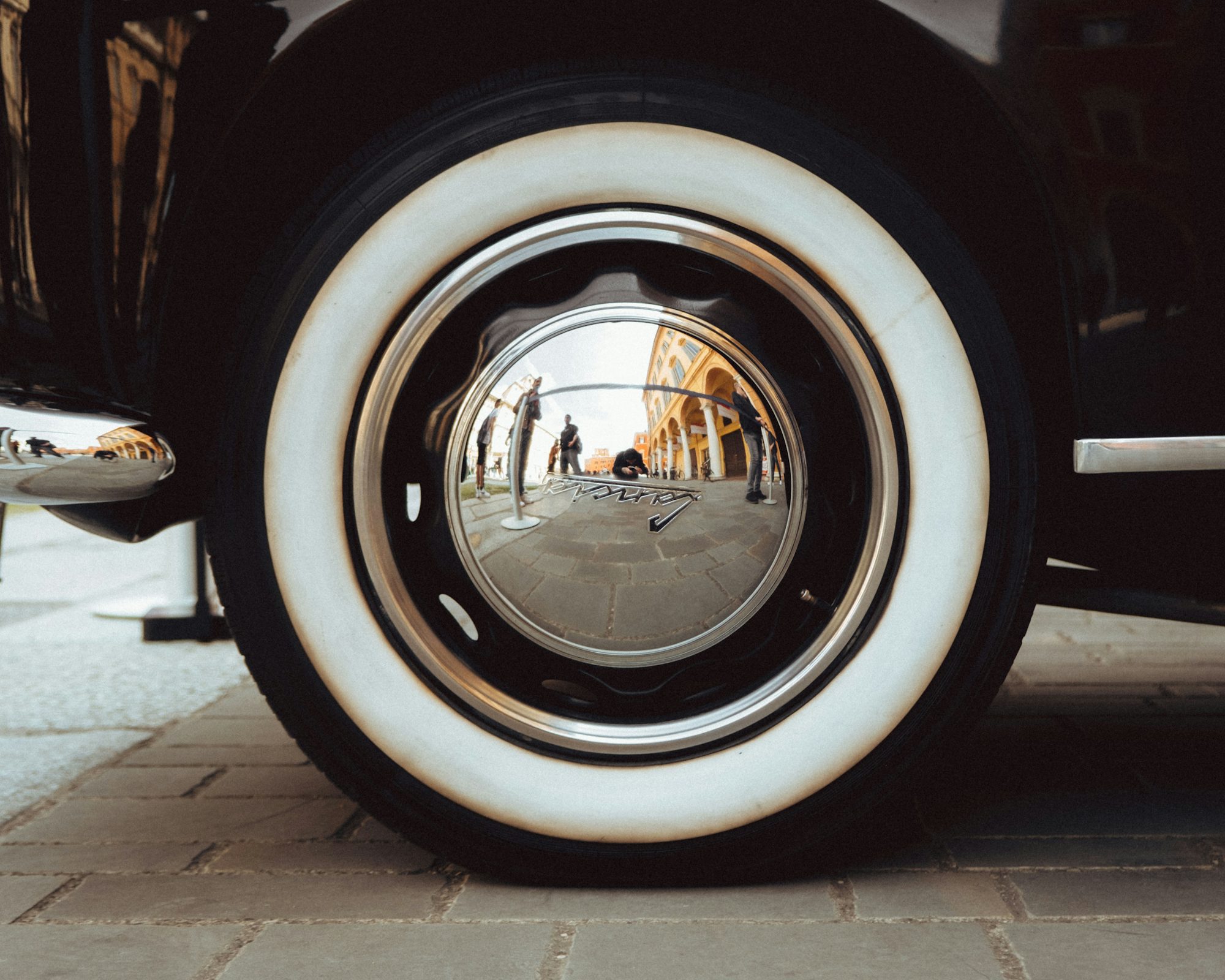Exploring the World of Luxury Cars: Where Comfort Meets Performance
Dive into the realm of luxury cars, examining their defining features, technological advancements, and the allure they hold for automotive enthusiasts.
The roots of luxury cars can be traced back to the early 20th century, when manufacturers such as Rolls-Royce and Bentley set the standard for elegance and performance. These brands focused on craftsmanship, using the finest materials and employing skilled artisans to create vehicles that were not only functional but also works of art. The introduction of models like the Rolls-Royce Phantom and the Bentley 4.5 Litre established a legacy of excellence that continues to define luxury vehicles today.
As the automotive industry evolved, so too did the concept of luxury. The post-World War II era saw a surge in consumer demand for personal vehicles, and automakers began to recognize the potential for high-end offerings. American manufacturers like Cadillac and Lincoln entered the luxury market, providing consumers with spacious, comfortable vehicles that prioritized elegance and style. Features such as plush interiors, advanced sound systems, and powerful engines became hallmarks of luxury cars, appealing to a growing segment of affluent buyers.
In the 1980s and 1990s, the luxury car market experienced significant diversification, with the introduction of European brands such as Mercedes-Benz and BMW. These manufacturers brought a new focus on performance and handling, attracting driving enthusiasts who sought not just comfort but also an engaging driving experience. The Mercedes-Benz S-Class and the BMW 7 Series emerged as benchmarks for luxury and performance, featuring cutting-edge technology, superior engineering, and a commitment to driver satisfaction.
Today, luxury cars are characterized by a multitude of advanced features designed to enhance both comfort and convenience. High-quality materials, such as leather upholstery, wood trim, and metal accents, create an inviting atmosphere within the cabin. Additionally, luxury vehicles often come equipped with the latest infotainment systems, offering seamless connectivity through features like Apple CarPlay and Android Auto. Touchscreen displays, voice recognition, and customizable ambient lighting further elevate the driving experience, allowing drivers and passengers to enjoy a personalized environment.
Performance remains a critical aspect of luxury cars, with manufacturers continually pushing the boundaries of engineering. Many luxury models feature powerful engines, including turbocharged options and hybrid systems, delivering exhilarating performance without compromising efficiency. The balance of power and refinement is essential, with brands like Porsche and Aston Martin exemplifying this approach through their dedication to precision engineering and dynamic driving characteristics.
The evolution of technology has significantly impacted the luxury car segment, with automakers integrating advanced safety features and driver assistance systems into their models. Innovations such as adaptive cruise control, lane-keeping assist, and automatic emergency braking enhance safety and provide peace of mind for drivers. Furthermore, the integration of semi-autonomous driving capabilities is reshaping the future of luxury vehicles, offering a glimpse into a new era of driving that prioritizes convenience and relaxation.
Sustainability has also become a focal point for luxury car manufacturers, with an increasing number of brands introducing electric and hybrid models. Companies like Tesla have revolutionized the market, demonstrating that luxury can coexist with eco-friendliness. The Tesla Model S and the Audi e-tron showcase how advanced technology and sustainable practices can create a luxurious driving experience without the environmental impact associated with traditional combustion engines.
The cultural significance of luxury cars extends beyond their engineering and features. They are often seen as status symbols, representing success and sophistication. High-profile events such as auto shows and luxury car auctions attract enthusiasts and collectors who appreciate the artistry and history behind these vehicles. The classic car market, in particular, highlights the enduring appeal of luxury models, with vintage Rolls-Royces and Ferraris fetching significant sums at auctions, underscoring their timeless desirability.
Moreover, the luxury car community fosters a sense of belonging among enthusiasts. Clubs and events dedicated to luxury vehicles provide opportunities for owners to connect, share experiences, and showcase their prized possessions. These gatherings celebrate not only the cars themselves but also the passion that drives the community, reinforcing the idea that luxury vehicles are more than just machines; they are embodiments of a lifestyle.
As we look to the future, the luxury car segment continues to adapt to changing consumer preferences and technological advancements. The rise of connected vehicles, enhanced automation, and an emphasis on sustainability will shape the next generation of luxury cars. Manufacturers are likely to focus on integrating smart technologies, improving energy efficiency, and enhancing the overall driving experience, ensuring that luxury cars remain relevant in an ever-evolving market.
In conclusion, luxury cars stand as a testament to the fusion of performance, comfort, and innovation. Their rich history, characterized by craftsmanship and elegance, has paved the way for a diverse market that caters to a wide range of consumers. As technology continues to advance and sustainability becomes a priority, luxury cars will undoubtedly continue to evolve, offering drivers an unparalleled combination of sophistication and driving pleasure. For those who appreciate the finer things in life, luxury vehicles represent an enduring commitment to excellence that transcends generations.